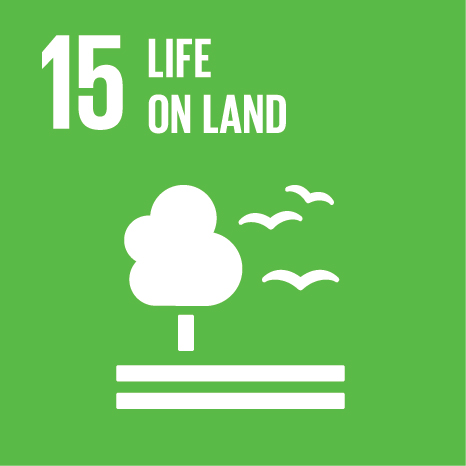Ciência_Iscte
Publications
Publication Detailed Description
On the automated learning of air pollution prediction models from data collected by mobile sensor networks
Journal Title
Energy Sources, Part A: Recovery, Utilization, and Environmental Effects
Year (definitive publication)
2025
Language
English
Country
United Kingdom
More Information
Web of Science®
Scopus
Google Scholar
This publication is not indexed in Overton
Abstract
This paper addresses the problem of automated learning of air pollution predictive models that were trained using information gathered by a set of mobile low-cost sensors. Concretely, fast to compute machine learning methods (Decision Trees and Support Vector Machines) were used to build regression models that predict air pollution levels for a given location. The models were trained using the data collected by the OpenSense project, in particular, number of particulate matter, particle diameter, and lung deposited surface area (LDSA). We examined two different sets of attributes: one based on a geographical description of the location under analysis (e.g. distribution of households and roads), and another based on a time series of past air pollution observations in that location. Overall, we have found out that past measures lead to better pollution predictions. The best R2 score was 0.751 obtained with the model that predicts LDSA and was trained with the data set with time series attributes, while the worst R2 was 0.009 obtained with the geographical data set to predict number of particles. The performance of the best model is on par with similar air pollution systems. Moreover it can be used in a production system that requires frequent updates.
Acknowledgements
--
Keywords
Machine learning,Air pollution,Time-series,Land- use,Decision tree,Support vector machine
Fields of Science and Technology Classification
- Earth and related Environmental Sciences - Natural Sciences
- Other Natural Sciences - Natural Sciences
- Civil Engineering - Engineering and Technology
- Chemical Engineering - Engineering and Technology
- Environmental Engineering - Engineering and Technology
Funding Records
| Funding Reference | Funding Entity |
|---|---|
| LISBOA-01-0145-FEDER-032088 | Fundação para a Ciência e a Tecnologia |
| UIDB/04349/2020 | Fundação para a Ciência e a Tecnologia |
Contributions to the Sustainable Development Goals of the United Nations
With the objective to increase the research activity directed towards the achievement of the United Nations 2030 Sustainable Development Goals, the possibility of associating scientific publications with the Sustainable Development Goals is now available in Ciência_Iscte. These are the Sustainable Development Goals identified by the author(s) for this publication. For more detailed information on the Sustainable Development Goals, click here.

 Português
Português




